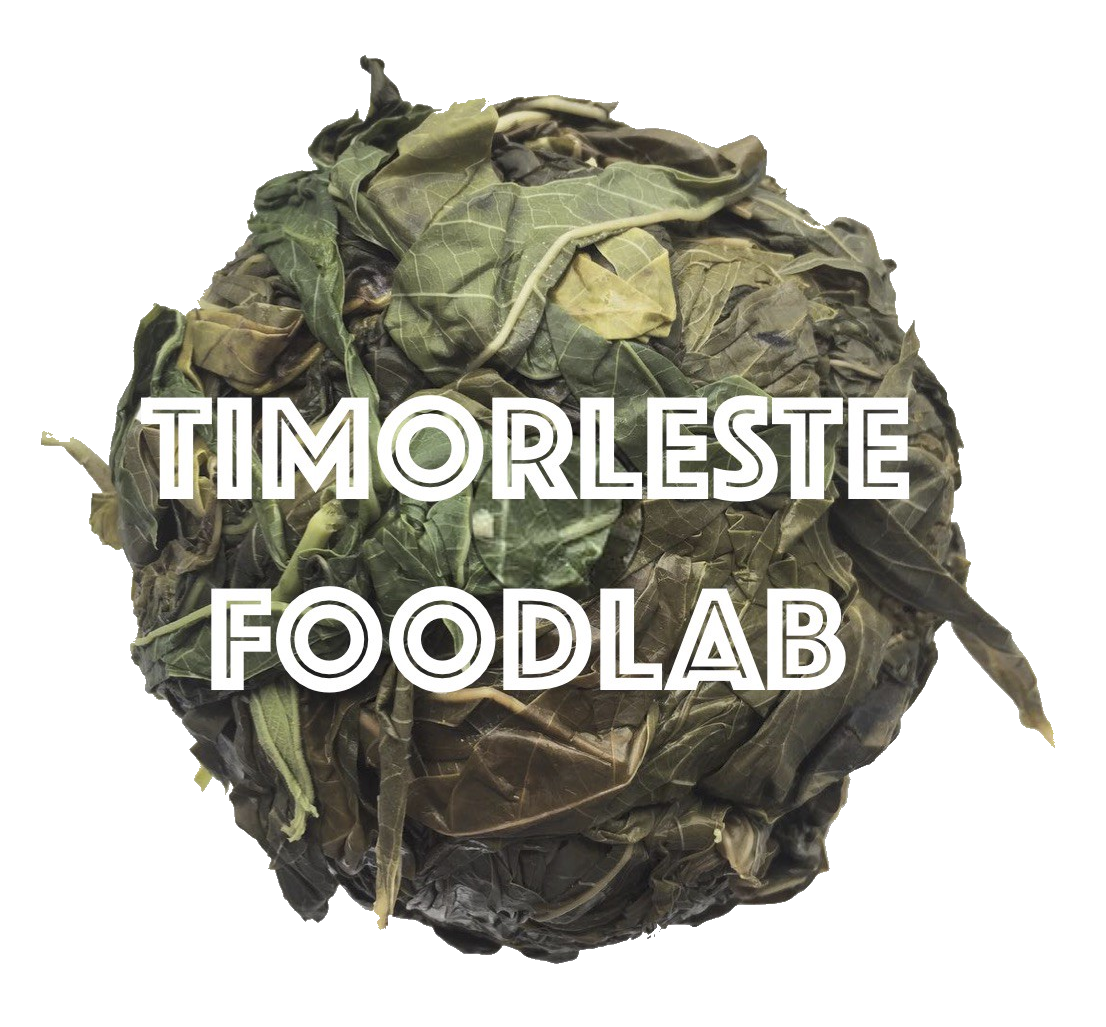“Old knowledge is being discarded for the trappings of a modernising society, where a bowl of instant noodles on the family table is more prized than native or foraged, wild food that Timorese have depended on for generations. We have a lot of food out there but we have left it behind. People say they don’t have rice to eat, or corn to boil. Food insecurity is a mindset and there are many abandoned foods out there,” Filipe da Costa, Advisor of Food Security and Nutrition to the Prime Minister.
“People grew up with these foods in the past. They would use these foods a lot. Now we have a lot of imported products so it’s hard for the young generation. But we have to do something,” said Julio da Cunha, a young food innovator from Manatuto.
FOOD RESEARCH AND INNOVATION KEY TO THE FUTURE
At social enterprise, Agora Food Studio, food experimentation driven by innovation is attempting to empower young Timorese like da Cunha to look back, collaborate and harness the power of what nature has provided for this land. The team comprises young cooks from around the country - diversity by design. “We work here, but we go to the mountains and we experiment. And we understand that our food has value,” said da Cunha. Foraged food in Timor-Leste can help vulnerable communities be more resilient to the challenges of climate change. “Innovation is very important, making something new. We can’t just boil a sweet potato in a pot anymore.” The 23-year-old is working on a project to make and package noodles - dubbed Mie Marungi - made from pumpkin, moringa and sweet potato as a viable and healthy replacement for the ubiquitous instant variety and sachets of MSG seasoning.”
This article by Jack Board was published on Channel News Asia’s website, click here to read it.
